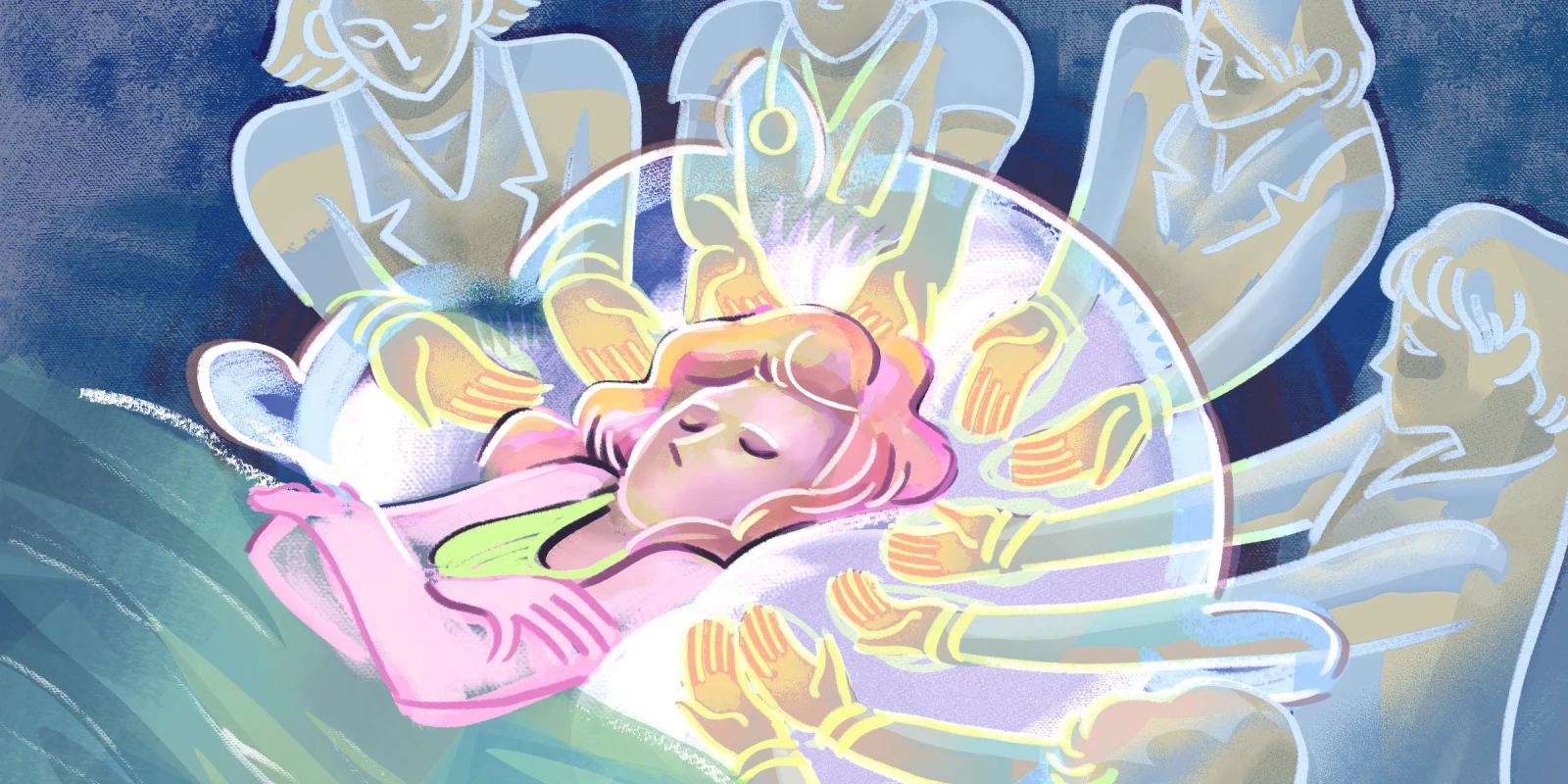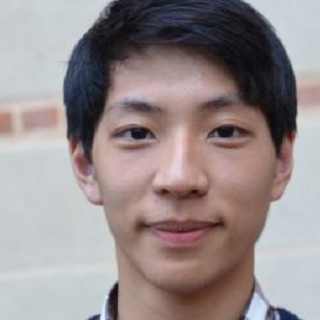The coronavirus pandemic has brought death — along with a slew of other anxieties — to the forefront of our minds. By late July, more than a fifth of Americans knew someone who had died as a consequence of the novel coronavirus, a percentage that has only increased over the past few months. Death feels so imminent that even millennials have begun planning their final days, despite the fact that 80% of COVID-19-related deaths involve people over age 65.
As patients flood hospitals at unprecedented rates, their families barred from visiting, a question has emerged: Are physicians prepared to help the dying? As a medical student currently on the front lines of patient care, I know many aren’t.
At this moment, doctors are being put in a position for which they have received little training: making painful decisions, handling challenging conversations with patients about the limits of medical interventions, being the go-between in the final days of patients’ lives. How can doctors best align the care that patients receive with their values? What are patients’ greatest fears as they grapple with serious illnesses? As patients confront death, they need doctors with practiced communication skills to support them. Unfortunately, in the U.S., medical education programs — and consequently, the health care system — place extensive emphasis on treatments that extend life at all costs, sometimes at the expense of providing attentive, patient-centered care that highlights quality of life.
The result is that too often now, next-of-kin must decide whether to let their loved ones die at home, surrounded by family, or to send them to the hospital to confront their fate alone. What does it mean when patients turn away from doctors precisely when they most need help?
We need to teach doctors how to manage difficult conversations with patients. This process begins in medical school.
Over the past few years, I have interviewed medical residents and found that many felt ill-prepared to have discussions about end-of-life issues with patients. A 2016 study determined the same: approximately 54% of residents received little to no classroom training on the topic during medical school and 88% reported an absence of training in residency. The rise of palliative care as a specialty has siloed much of the information about caring for those with life-threatening illnesses into a singular field, leaving other doctors fumbling in these sensitive moments.
While a pressing issue now, the lack of standardized training on palliative care, death, and dying will be felt more heavily in the future. By 2034, people over age 65 will likely outnumber children for the first time in U.S. history, and demand for specialists adept at attending to older patients with increasingly complex and serious illnesses could outpace supply. If the coronavirus pandemic has taught us anything, it’s that we need to proactively address our shortcomings.
The lack of preparedness around end-of-life care has gained attention throughout the medical community over the past few years. For instance, the Liaison Committee on Medical Education, the accrediting body for medical schools, now requires students to be introduced to end-of-life care. In 2015, over 90% of medical programs self-reported that they expose students to topics like death and dying, palliative care, and geriatrics. But teaching methods vary widely by program and exposure is often superficial, sometimes lasting only one lecture.
According to an article in Today’s Geriatric Medicine, Stanford Medical School, my institution, has “mandatory coursework in palliative, emotional, and spiritual care for the dying.” This sounds encouraging; however, the required coursework boils down to a single afternoon three-hour session that does not involve interactions with actual patients. Compare this to the extended, months-long clinical work on pediatrics that is required of students.
To help address this problem, I created and lead a course at Stanford called “Being Mortal,” after Dr. Atul Gawande’s book of the same name. Through the course, students are given the opportunity to learn, practice, and reflect on tools for talking to patients facing serious illnesses or death. Students who completed the first course reported that it had doubled their original comfort level in working with dying patients and increased their self-reported understanding of hospice from 50% to 80%. In addition to providing students with a foundation on end-of-life and palliative care, these kinds of courses can teach much-needed skills for addressing grief, spiritual distress, cultural humility, and geriatric mental health.
Medical schools must take the systematic weakness that COVID-19 has exposed and create new national standards so we can properly care for elderly and dying patients, especially during times of crisis.
Henry Bair is a medical student at Stanford University, where he also directs a curriculum for medical students on communication techniques in the fields of geriatrics, palliative care, and end-of-life care. He is also a research coordinator at Stanford's Center for Policy, Outcomes, and Prevention, and a medical consultant at Covid Act Now.
Illustration by April Brust
Click here to see more perspectives on COVID-19 from the Doximity network.
Click here for up-to-date news about COVID-19 on Doximity.







